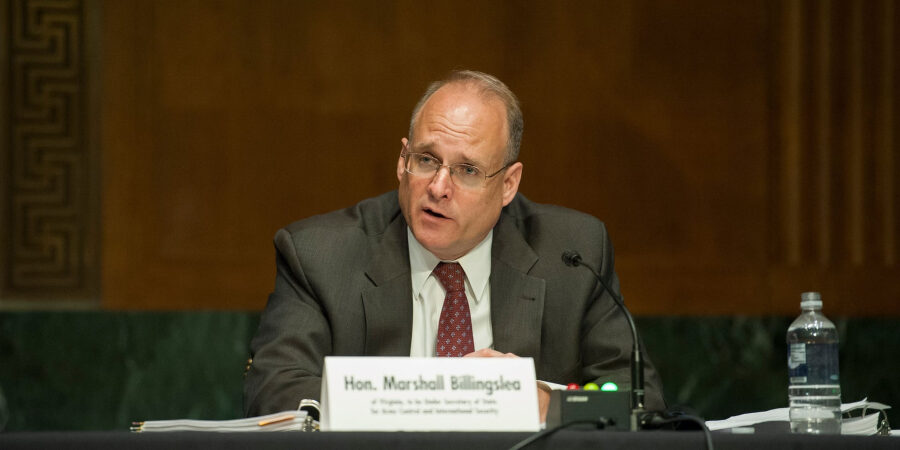U.S. News
US and Russia give conflicting statements on ‘gentleman’s agreement’

WHAT YOU NEED TO KNOW:
- Talks between the US and Russia about the nuclear arms treaty have resulted in a misunderstanding from both countries.
- According to US special envoy for arms control Marshall Billingslea, there was “an agreement in principle” between President Donald Trump and Russian’s Vladimir Putin, but it was rejected by Russian deputy foreign minister Sergei Ryabkov, calling it a “delusion” and “fraud.”
- Russian foreign ministry said that Moscow won’t proceed with a New Start treaty extension before the US Election Day on November 3.
Nuclear arms negotiations between the US and Russia have spiraled into confusion. While the top American negotiator claimed that there was “an agreement in principle” between US President Donald Trump and Russian President Vladimir Putin, Moscow debunked the claim and called it a “delusion.”
With the anticipation of a potential breakthrough regarding the extension of the 2010 New Start treaty, US special envoy for arms control Marshall Billingslea said he had gone to Helsinki on Monday to meet Sergei Ryabkov, Russian deputy foreign minister.
The 2010 agreement, which will end in February 2021, limits the account of strategic warheads placed on either side.
“We believe that there is an agreement in principle at the highest levels of our two governments. That’s why I cut short my trip to Asia and made a beeline for Helsinki when the Russians called and wanted to sit down,” Billingslea told a Washington think tank.
He was suggesting that there had been a casual verbal agreement between the two leaders.
Billingslea added that the country’s situation for an extension would be a confirmed suspension of the full arsenals of both nations.
Moscow, however, swiftly and emphatically declined that condition. According to the RIA Novosti agency, the foreign ministry called Billingslea’s claim a “delusion” and a “fraud.” A halt was “unacceptable” as Ryabkov puts it, adding that Moscow would not proceed with a New Start treaty extension prior to the November 3rd election in the US.
“If the Americans need to report to their superiors something about which they allegedly agreed with the Russian Federation before their elections, then they will not get it,” Ryabkov said.
Billingslea, though, noted that Ryabkov could be in contrast with Putin’s disposition.
“I am hopeful that that sort of gentleman’s agreement – that arrangement that we believe has been reached at the highest levels – will ultimately need to percolate down through their system so that my counterpart hopefully will be authorized to negotiate,” he told the Heritage Foundation.
“We’re ready to strike this deal. We could strike it tomorrow, in fact, but Moscow’s going to have to show the political will to do so as well,” he continued.
According to former state department official Alexandra Bell, who is the current senior policy director at the Center for Arms Control and Non-Proliferation, the pre-election urgency followed “literally months of the Trump administration saying there’s plenty of time to do this – there’s no rush”.
Source: The Guardian
